The power of geographic information systems: bringing data to life with maps
Futurum
APRIL 12, 2023
I went to university to study geography, then started a master’s in meteorology. I was also taking classes in remote sensing and GIS which I found very exciting, so I transitioned back to geography and focused on climatology for my master’s thesis. At school, I gravitated towards the social sciences.

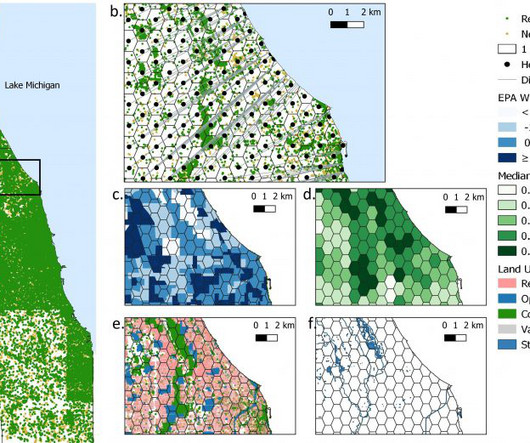
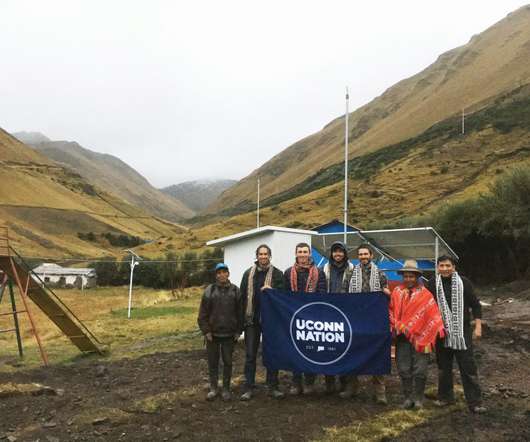
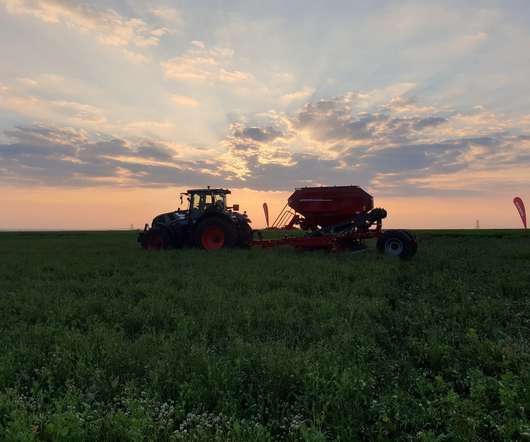
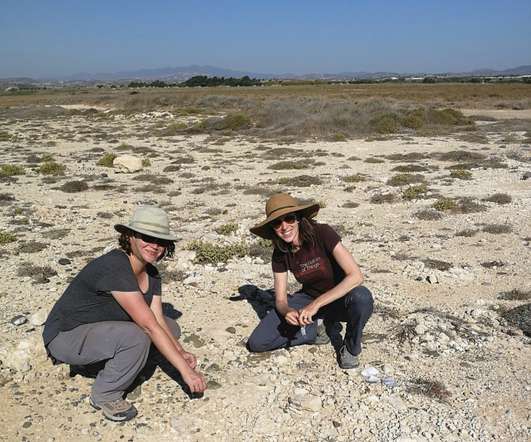
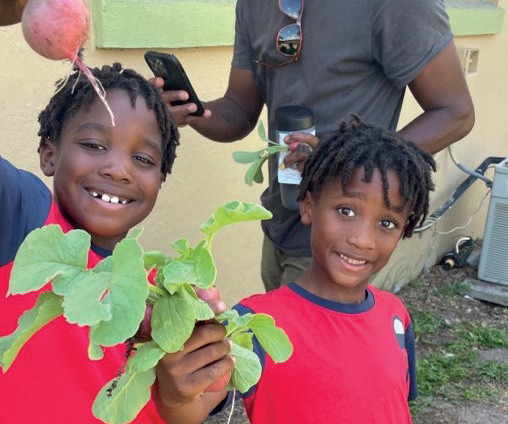






Let's personalize your content